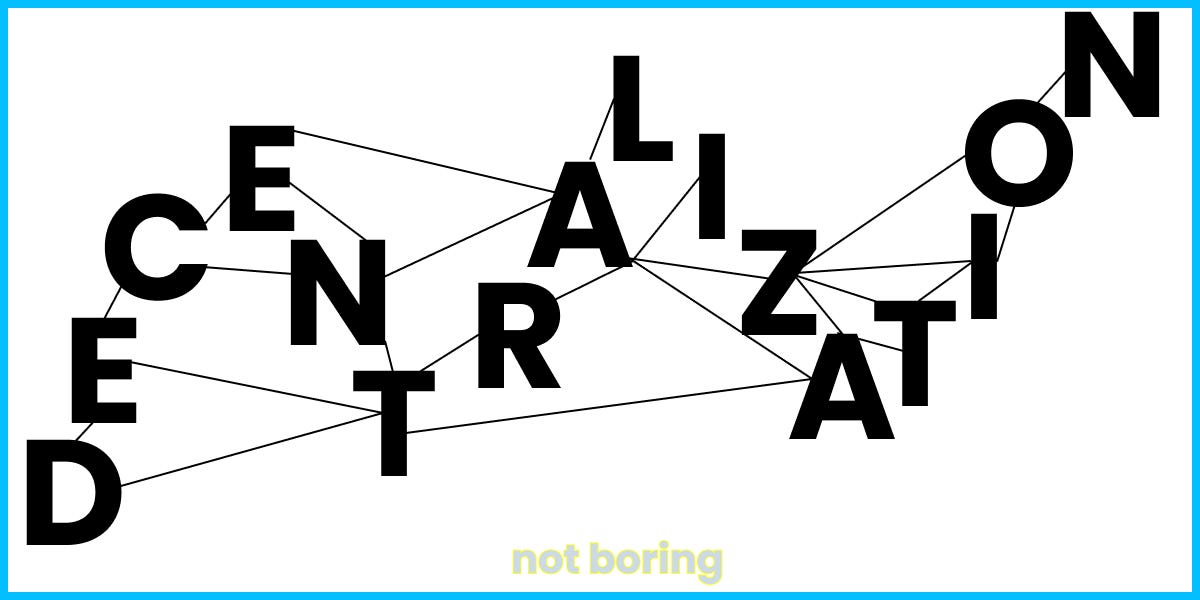aron
@aronshelton
Designing and navigating various contextual arrangements with an enigmatic sense of hope. #wayfinder
aron
@aronshelton

“What we can say is just a fraction of what we're thinking. What we're thinking is a fraction of articulations of what we perceive. What we perceive is a fraction of what is actually in front of us. And what is in front of us is a small fraction, a tiny fraction of what exists. But we believe that by wording things, by saying things, we can see
... See more